Enzo Mari at the Design Museum
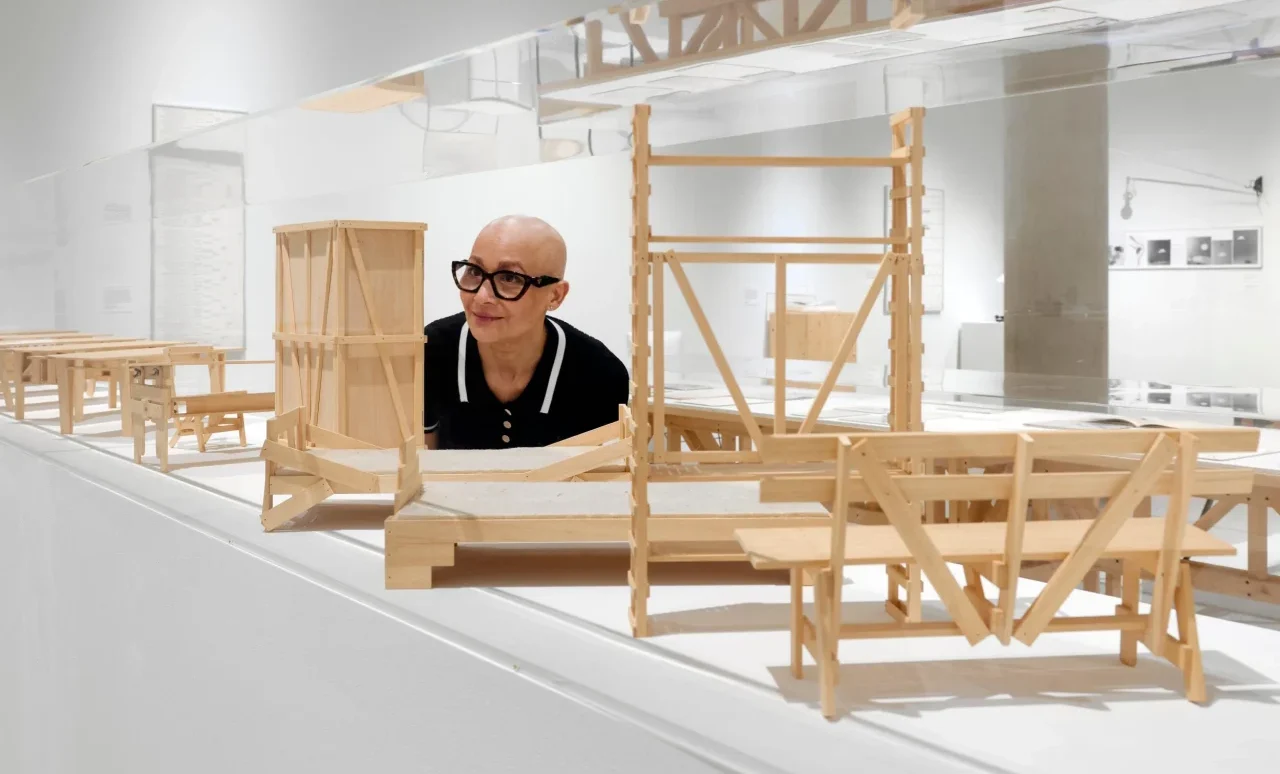
The Design Museum’s retrospective on Enzo Mari is a captivating homage to a figure whose legacy intertwines profound creativity with stark critique. Mari, who was an early victim of COVID-19, donated his extensive archive to Milan under the stipulation that it remains sealed for four decades. This exhibition, a recreation of a 2020 Milan Triennale show planned before Mari’s death, breaks his final wish, capturing the quintessence of his work and the paradoxes that defined him.
Mari was known for his acerbic wit and often confrontational nature, which manifested in his criticisms of the design industry, academia and modern consumer culture. Despite his disdain for the commodification of design, calling Ikea “genocide”, and disparaging many of his contemporaries with unflinching candour, his brilliance lay in his ability to create timeless, and quietly elegant, objects. His work, from the innovative Formosa wall calendar to the playful 16 Animals puzzle, reflects a deep engagement with materiality and form, embodying his belief in design as a means of critique and social engagement.
This belief is perhaps best encapsulated in his Autoprogettazione project, a manifesto for self-made furniture that encouraged a critical perspective on mass-produced goods. The first page of Autoprogettazione reads: “A project for making easy-to-assemble furniture using rough boards and nails. An elementary technique to teach anyone to look at present production with a critical eye.” This initiative not only championed a hands-on approach to design but also critiqued the industry’s leanings towards luxury and exclusivity. In doing so, it has become a key, empowering response to the design world, securing its status as one of Mari’s most impactful and lasting legacies.
Showcasing Mari’s vast and varied output, the exhibition takes visitors through a journey from sculptural op art pieces to children’s books, from injection-moulded vases to political manifestos, and from daybeds to DIY manuals and porcelain bowls. Each piece, with its intentionally simple and raw design, captures an anarchic spirit, encouraging users to adapt and personalise. Mari invited feedback on his works, hoping to combat “the rampant consumption of luxury furniture”. Despite receiving over 5,000 letters from his customers, he often felt the project’s essence was missed or misinterpreted, particularly criticising an American admirer who transformed his “rustic” designs into upscale decor for his luxurious chalet in Aspen.
The final part of the exhibition is a celebration of Mari’s indelible legacy, featuring site-specific installations and fresh commissions by global artists in his honour. This section includes contributions from Dominique Gonzalez-Foerster, Mimmo Jodice, Dozie Kanu, Adrian Paci, Barbara Stauffacher Solomon, Rirkrit Tiravanija, Nanda Vigo, Danh Vō and Virgil Abloh. This segment also features a series of video interviews conducted by Hans Ulrich Obrist, where Mari’s ideas are vividly brought to life. Watching these interviews is a profound experience, as if one could almost catch the scent of his cigarette smoke and sense his presence in the room.
Mari would have hated this retrospective – witnessing Londoners swarm a museum to then purchase his works from the gift shop. He would have hated being hailed as a genius, so exalted and extensively copied. His rage seems almost palpable throughout the exhibit, manifest in each piece. He is unmistakably still with us.
Constance Ayrton
Image: Eva Herzog for the Design Museum
Enzo Mari is at the Design Museum from 29th March until 8th September 2024. For further information visit the exhibition’s website here.


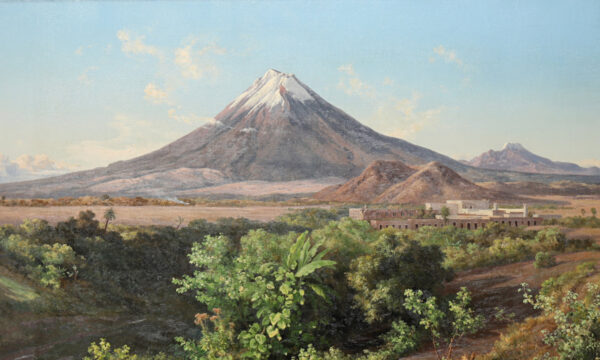
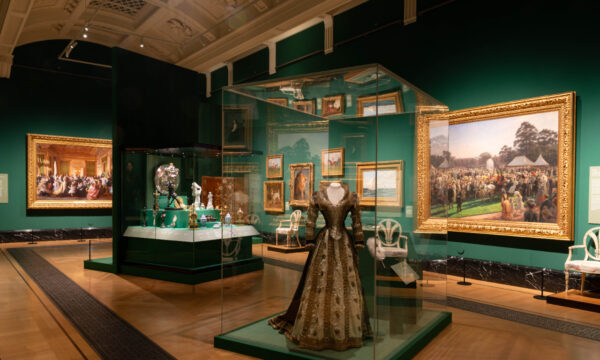
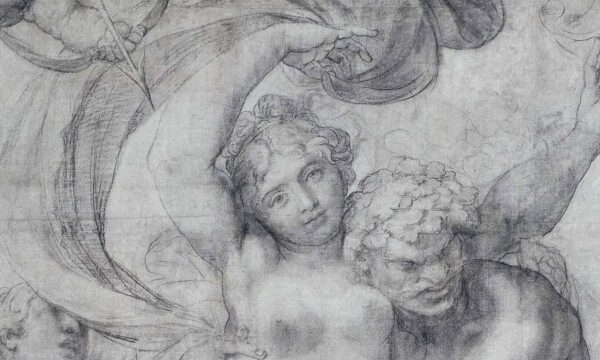
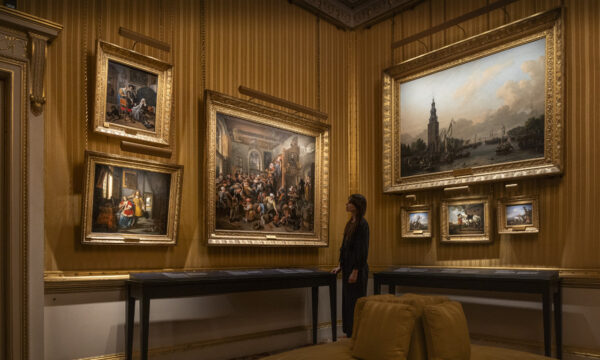

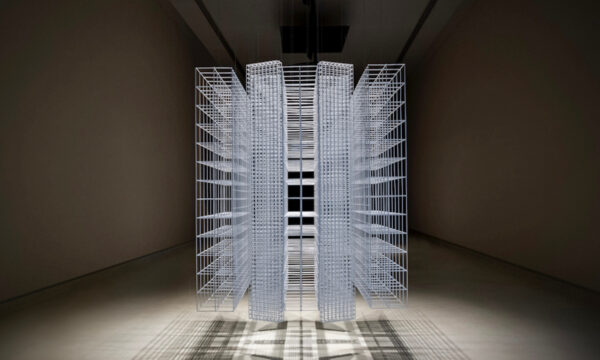
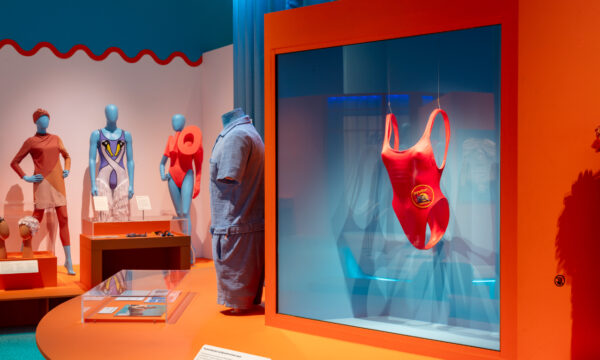
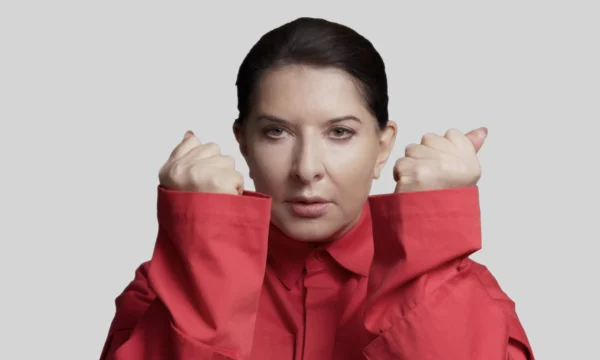














Facebook
Twitter
Instagram
YouTube
RSS